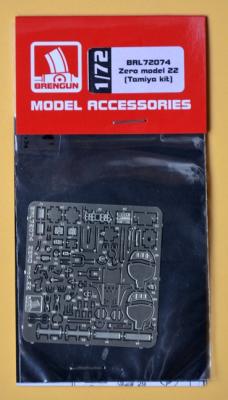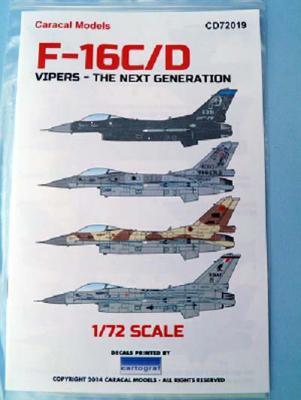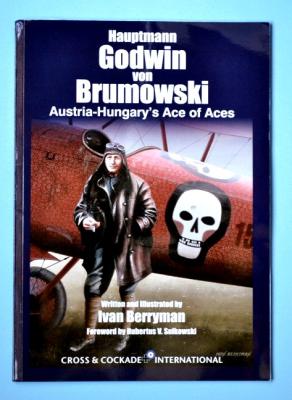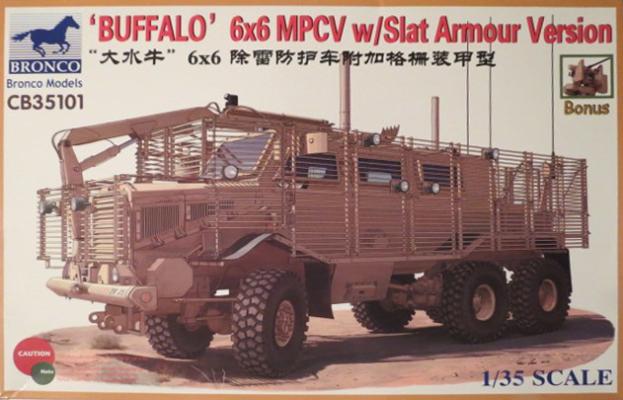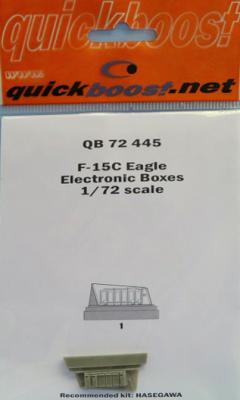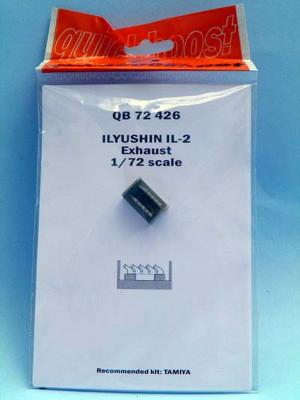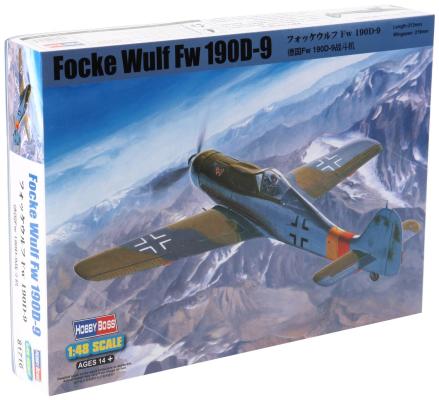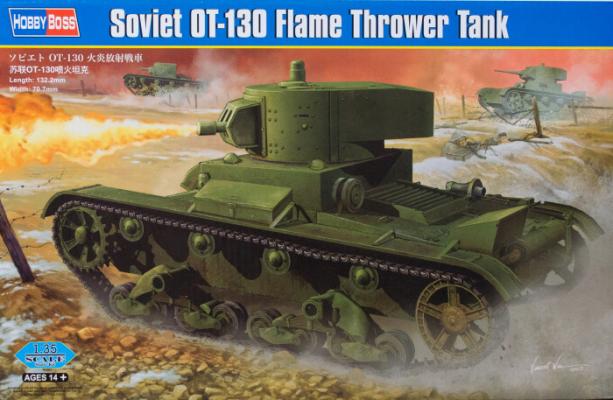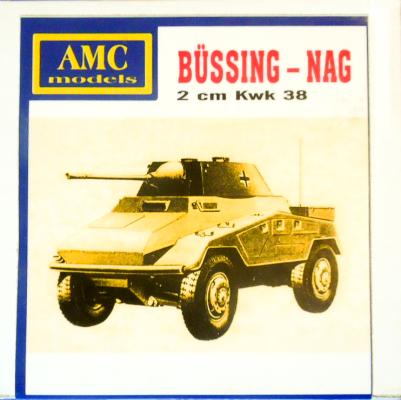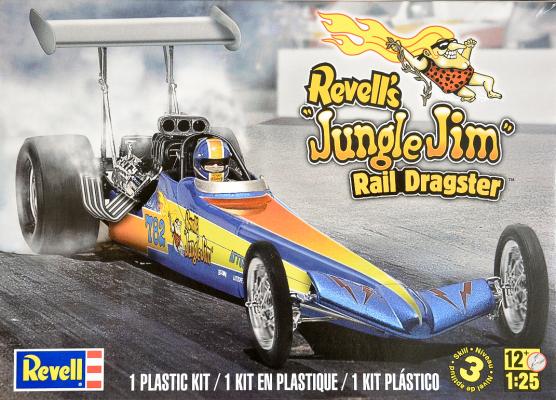Brengun offers 1/72 model builders a way to add to the detail of the already highly detailed Tamiya A6M2 Type 22 Zero kit. Set BRL 72074 provides about 70 parts on a single photo-etch fret and two on a printed acetated sheet that will combine to enhance the cockpit and exterior details of the a/c. The photo below of the instruction sheet shows where the details are to be installed. Each of the small photo-etched parts is impressive. The detail is very crisp and well etched on nickel-plated metal.
What's New
I love small air forces and I love the F-16 (and not just because they are based at Hill AFB just up the street) so a decal sheet that combines both is always high on my list.
This new sheet by Caracal delivers. 5 of the 6 schemes are small air forces with the other scheme a Minnesota Air National Guard version in a new camo. The decals are printed by Cartograf who have a solid reputation and feature the following markings:
The name Hauptmann Godwin von Brumowski may not immediately register with model builders, but those who build WWI aircraft models probably have given his bright red Albatros a second look when considering a vivid scheme while building a model of that aircraft.
Thanks to Dragon/Bronco and IPMS/USA for the opportunity to review this kit.
Background
The MPCV (Mine Protected Clearing Vehicle) Buffalo produced by Force Protection Inc. came out of the US’s experience in Kosovo. It is considered a Class III MRAP. It’s a 6X6 with a V shaped hull to protect the 6 man crew. When installed, the spall liner protects the crew from 7.62 mm munitions as does the ballistic glass. Weighing in at 22 tons, it is powered by a Mack 450 hp diesel coupled to a 5 speed automatic transmission. It is capable of 65m mph. The V shaped hull provides protection from up a 20 kg mine or 15 kg IED. The A2 has an upgraded engine and transmission.
Hasagawa’s 1/72nd scale F-15C kit is regarded as one of the better kits of the Eagle. This new item from Quickboost is a direct replacement for the sidewall in the cockpit. Eyeballing this looks like you may need to do some modifications to the floor part as well but should all look good once that is complete
Clean up is simple so no instructions are provided.
This item makes a nice update to the interior of the Hasagawa kit.
Thanks to Quickboost, Aires Hobby Models and to the IPMS/USA for the review kit.
Tamiya’s 1/72nd scale IL-2 Stormovik kit is a great looking kit with fine details. But, as usual, there are always ways to improve. This new item from Quickboost is a direct replacement for the exhausts in the kit. The advantage is they are hollowed out so you don’t have to try and attempt that yourself.
Clean up is simple to remove them from the resin backing so no instructions are provided.
All in all a quick and simple replacement that will add that extra bit of detail to your IL-2.
Thanks to Aires and IPMS/USA for the review kit.
Hobbyboss continues their FW190/Ta152 series with this FW190D-9. The kit consists of 118 beautifully engraved plastic parts, a sheet of 6 photoetch pieces and 5 clear parts. markings are included for:
- II/JG6, Black 12 BuNo 500570 from May 8, 1945
- 7/JG 301, BuNo 400208, April 1945
There is an excellent set of decals with full stencils. The only thing I noticed right up front was the lack of seatbelts which I remedied with a Reheat set.
During World War 2 the Russians created a large number of flamethrower-equipped vehicles, useful for burning Germans out of strongpoints. Some of them replaced a turret or hull machine gun position with the weapon. Others, such as the OT-130, replaced the main gun itself and made this a dedicated flame thrower tank.
Like the original vehicle itself, Hobby Boss’ OT-130 tank is a modification of the tried-and-true T-26, which by this time in the war had outlived its usefulness as a main battle tank. The 45mm main gun was removed and replaced with a flamethrower unit and its appropriate internal tankage. The kit itself features over 900 parts including two sheets of photoetch and seeming hundreds of tiny pins used to assemble the workable tracks. There is no interior provided, although all of the crew hatches do open. No figures are provided with the kit, although it comes with a clear lens for the headlight.
The Bussing-NAG 2 cm KwK 38, a four-wheeled German armored car, is one of two prototypes of this nature built. Historical reference for these vehicles is very hard to come by. However, it is known that they were in fact built but never put into production. It is also accepted that they were in fact field-tested, but it is debated as to which unit actually tested them. Some sources saying it was the 12th SS Panzer division, but again, there is no definitive proof of this as the data does not exist to confirm this information.
The Revell 1/25 scale “Jungle Jim” Rail Dragster is a re-release of a series of dragsters produced in the mid-1970s. This particular kit represents a car driven by “Jungle” Jim Liberman. If forum comments are correct, this is not a representation of any specific car or race, but rather a generic representation of one of his cars. If you want to build something specific, a bit of research will likely be necessary.
The kit comes in Revell’s typical 9” x 7” model box, where you’ll find four sprues of white plastic, one chrome sprue, one black sprue with the rear tires, and a vinyl-type sprue for the front tires.
The largest sprue contains the dragster’s body, seat, and wings. There are some heavy ejection pin marks, but fortunately they are on sides that are not visible. I didn’t notice any sinking on the visible sides, so the parts shouldn’t require much cleanup.

